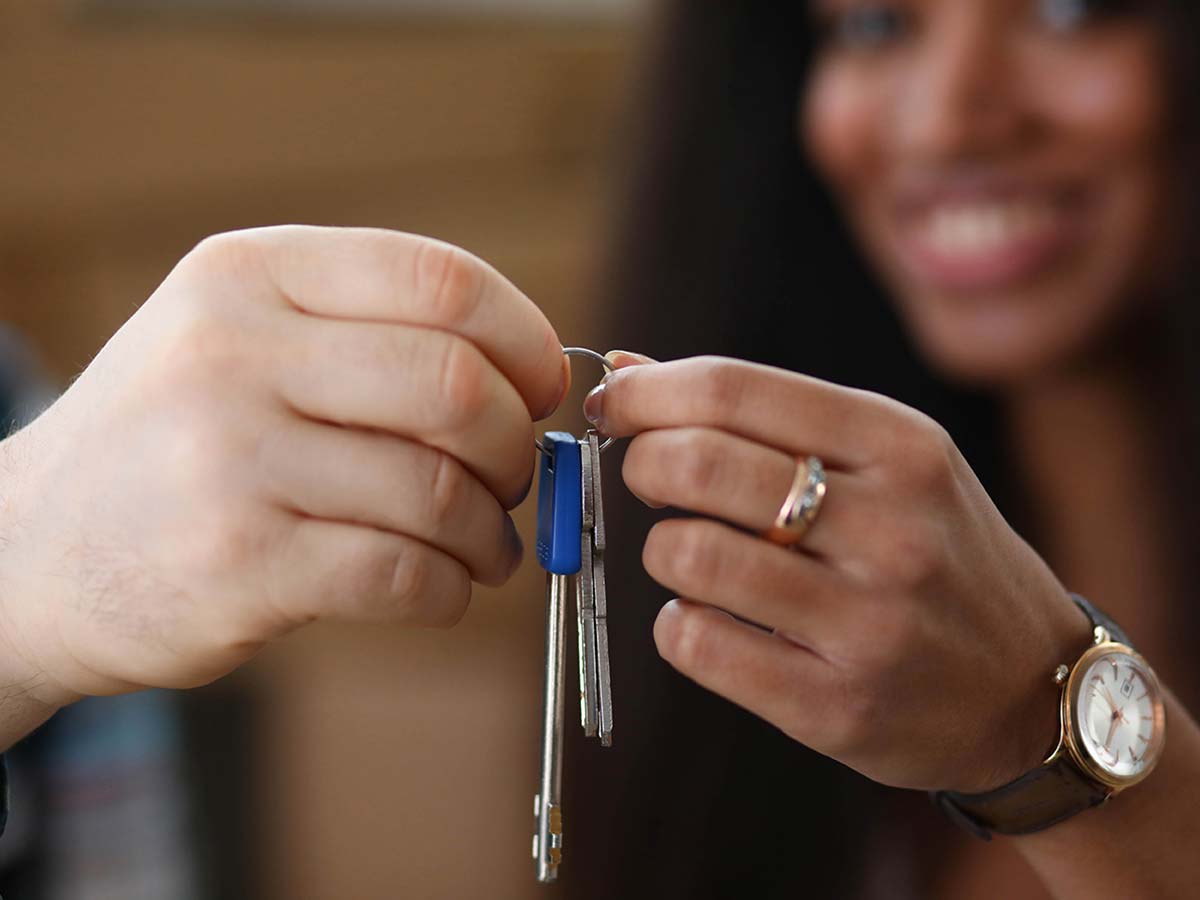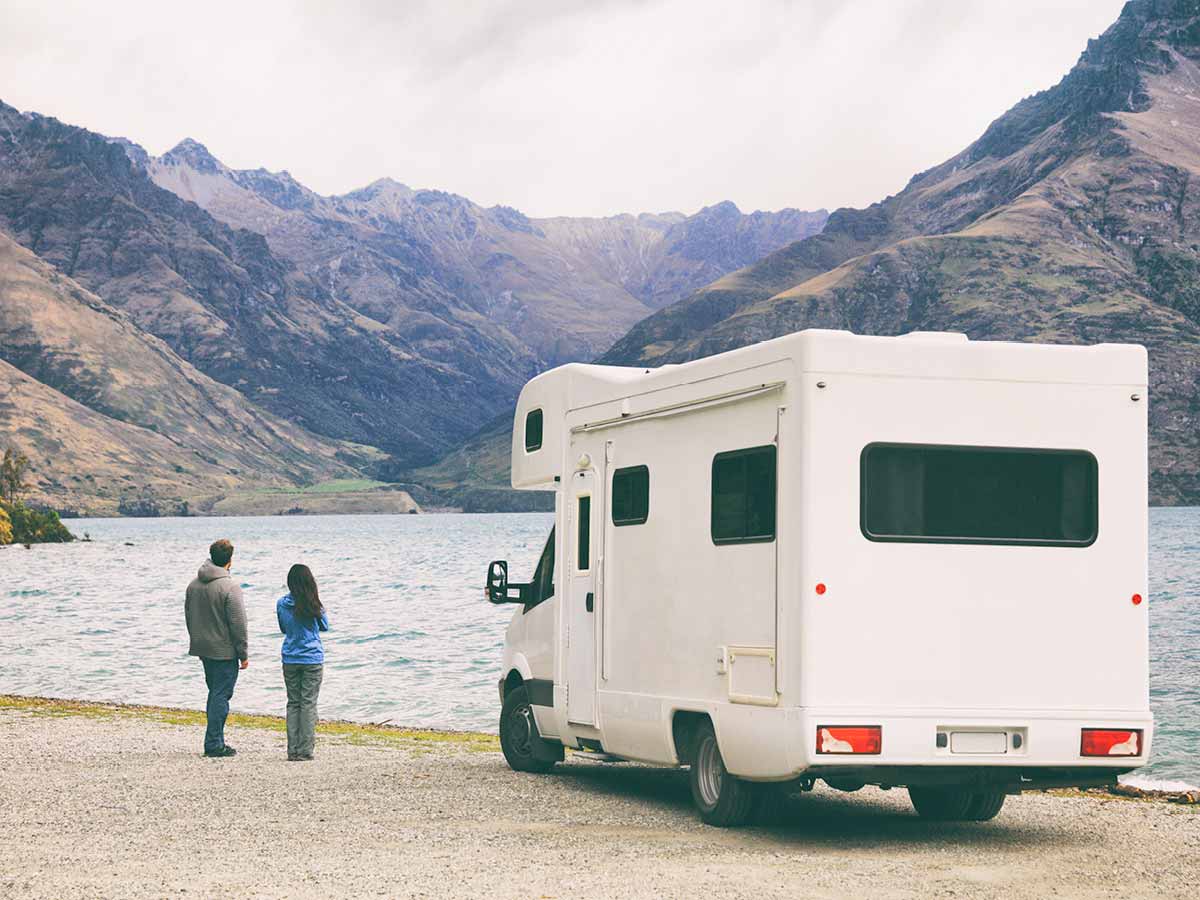Vous utilisez AccèsD?
Faites-le aussi pour vos assurances! Connectez-vous et sélectionnez « Assurance auto et habitation ».
Se connecter à AccèsDWas I speeding? You replay the last few minutes in your mind. Did I make an illegal turn? Why are they stopping me? You pull over to the side of the road and come to a full stop. The cruiser behind you does the same, and an officer steps out.
Recent reports in both Canada and the U.S. of police harassing drivers and even using force are making people especially anxious when they are pulled over on the road. But you do have rights. It’s important that you understand your rights and exercise good judgment in the event that you are instructed to pull off to the side.
The law of the road
Police may stop you at any time if they suspect that you have committed a driving offence. Police can also stop you if they suspect you have consumed alcohol or drugs, to see whether your car is mechanically fit, to check whether you have a valid licence, or to make sure you have insurance.
It can be frustrating to be pulled over – especially if you are not sure why. But keep in mind that a traffic stop is more risky for the officer than the driver.
The officer doesn’t know who is behind the wheel, whether you are an honest citizen or a wanted criminal. The officer must exercise extreme caution during every traffic stop and be ready for anything. The first sign of resistance from you could send the situation spiralling out of control.
What you are obligated to do
- You must pull over when instructed.
- You must show police your licence, registration and insurance information when asked.
- If the police suspect you have been drinking alcohol, they can make you take a roadside breathalyzer test or a physical sobriety test, such as walking in a straight line. You must obey these commands.
Know your rights
- Beyond producing your licence, registration and insurance information, you do not have to answer any other questions or provide details that might be incriminating.
- Your passengers do not have to hand over their identification. However, police can ask them questions.
- You can refuse a search of your vehicle. As a general rule, police cannot search your vehicle unless you are under arrest or they have a search warrant. However, if police have reason or probable grounds to believe that you have drugs, alcohol or an illegal weapon or one that was used to commit a crime, they may search your car with or without your consent or a warrant. (If a search is conducted without your consent, these are grounds for your defense later.)
- You have the right ask police if you are free to go. If they say no, you have the right to know why.
- If you are detained by the police or arrested, they must inform you that you can talk with a lawyer and provide you with an opportunity to do so. At this point, do not answer any further questions until you have spoken with a lawyer.
What to do if you’re pulled over
- Stay calm and compliant – even if you feel the officer’s treatment is unfair.
- Be polite. It’s important not to swear or display anger.
- Keep your hands where the officer can see them, and avoid sudden movements.
- If you need to get your documents from the glove compartment, inform the officer that you are doing so.
- Be honest. If you are caught in a lie, you may be charged with obstructing justice.
- Pay close attention. If you’ve had a negative experience, take note of the circumstances surrounding the encounter, including the police officer’s name and badge number, and file a complaint.
Canadian drivers in the U.S. need to be aware
All drivers in the U.S. – whether they are visitors or residents – are expected to obey U.S. driving laws. Pay close attention to speed limits, do not drink and drive, or carry alcohol, drugs or weapons in your vehicle.
If you find yourself pulled over, follow the general guidelines above to avoid creating a nasty situation. If you are arrested and have to appear in court, the process could take months, and you must remain in the country or a warrant will be issued for your arrest.
Most people would agree that they would rather avoid a police pullover than have to deal with it. But sometimes the situation is out of your control. Obey the rules of the road, keep a level head and know your rights, and chances are you’ll be headed to your destination in no time.
Know Your Rights When Police Pull You Over
No one likes to see flashing red lights in their rearview mirror. You glance nervously at the speedometer.
Ces conseils sont fournis à titre informatif et préventif seulement. Ils sont d’ordre général et n’engagent pas la responsabilité de Desjardins Assurances. La vigilance est de mise et il est recommandé de consulter un expert en la matière pour obtenir des conseils complets et pertinents pour chaque situation.
Au Québec, Desjardins Assurances désigne Desjardins Assurances générales inc. En Ontario et Alberta, Desjardins Assurances désigne Certas direct, compagnie d'assurances, souscripteur de produits d'assurance auto et habitation.



